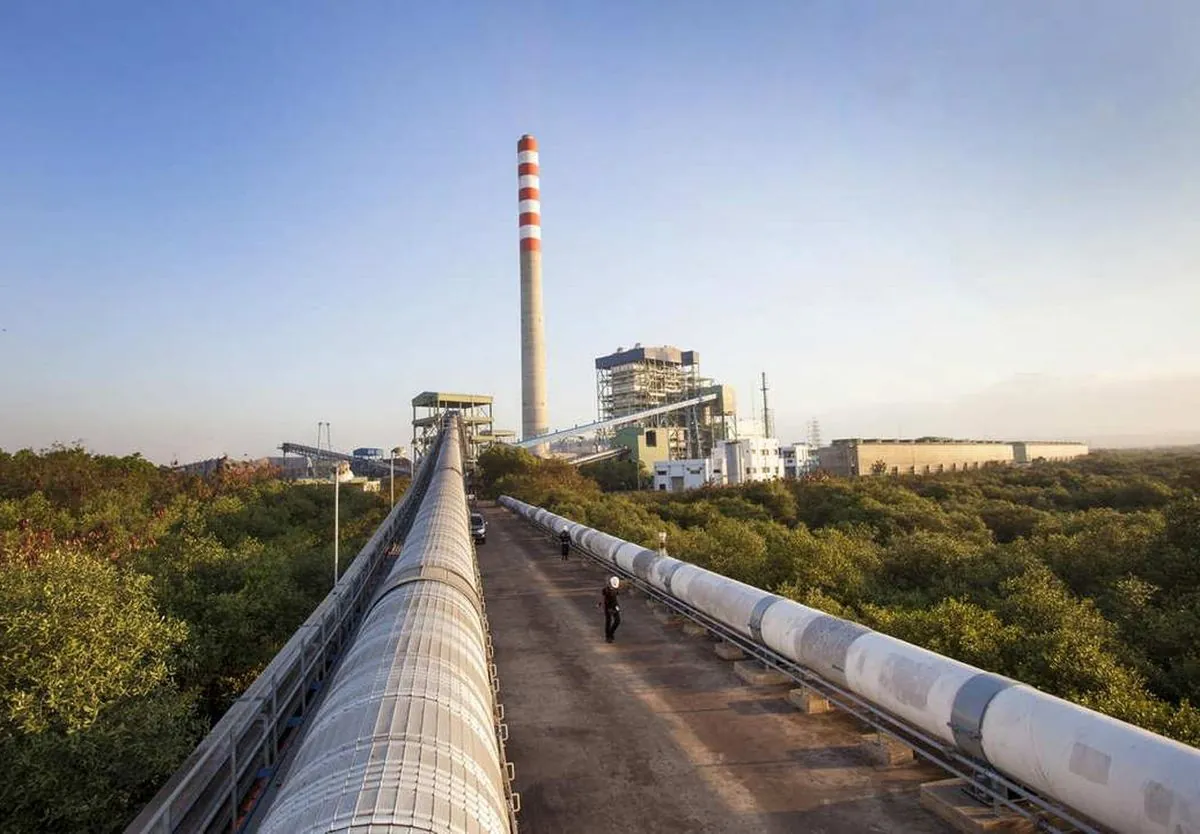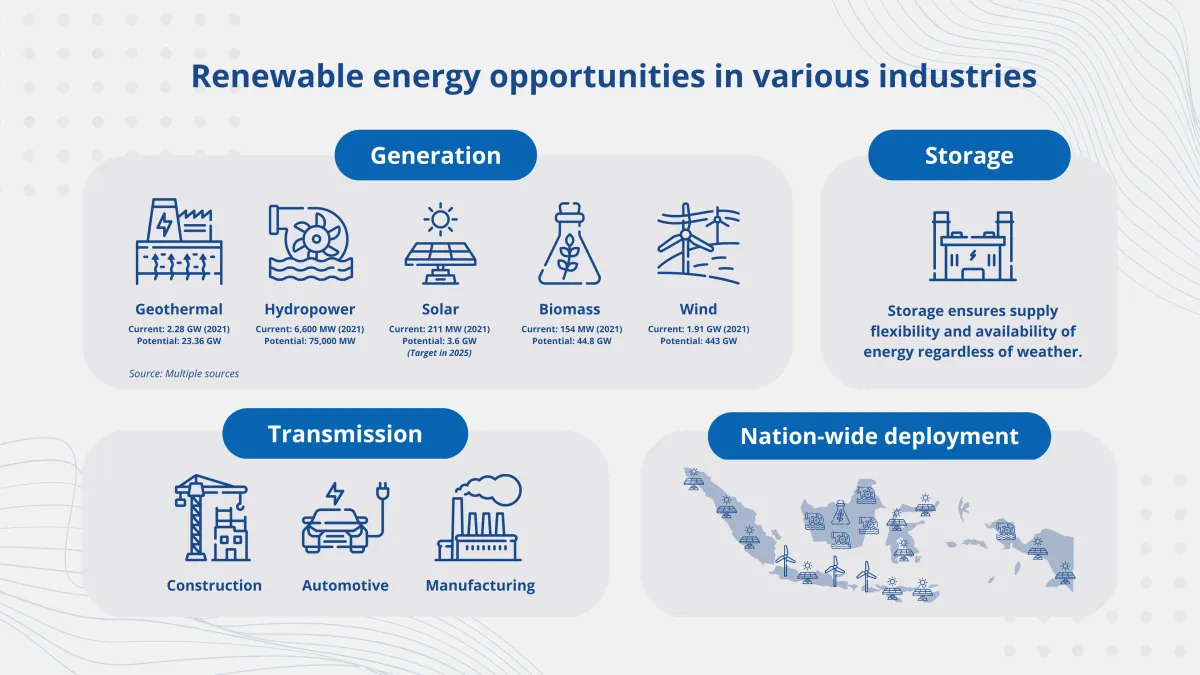Indonesia's Coal Plant Closure Deal Faces Setbacks Amid Transition Challenges
G7-backed initiative to close Indonesian coal plant hits snags. Legal and financial concerns delay Cirebon-1 shutdown agreement, raising questions about future energy transition projects in emerging markets.

The G7-supported effort to phase out coal power plants in developing nations is encountering obstacles, as evidenced by the missed July deadline for an agreement on the early closure of Indonesia's Cirebon-1 power plant. This setback highlights the complexities of implementing Just Energy Transition Partnerships (JETPs) in countries like Indonesia, Senegal, South Africa, and Vietnam.
Indonesia, the world's largest coal exporter, faces unique challenges in its energy transition. As the 16th largest economy globally and a G20 member, the country must balance its commitment to reducing greenhouse gas emissions with its growing energy needs. Indonesia's electricity demand is projected to increase by 4.9% annually until 2030, underscoring the importance of a well-planned transition.
The 660-megawatt Cirebon-1 plant, located 220 km east of Jakarta in West Java province, has become a focal point for demonstrating the feasibility of early coal plant closures. However, legal and financial concerns have hindered progress. The Indonesian government is particularly worried about the estimated $1.3 billion cost of replacing the plant with renewable energy sources, primarily due to subsidies required to cover more expensive green power generation.

The incoming administration of President-elect Prabowo Subianto, set to take office on October 20, 2024, adds another layer of uncertainty to the negotiations. Prabowo's campaign emphasis on self-sufficiency and energy security has raised questions about the new government's commitment to coal phase-out plans.
David Elzinga, team leader for the Asian Development Bank's regional Energy Transition Mechanism programme, stressed the importance of reaching a binding agreement on Cirebon that satisfies both the outgoing and incoming administrations. He stated:
"Indonesia has positioned itself to be a leader ... It's really important now that we get the deal done."
The success of the Cirebon deal is crucial not only for Indonesia but also for similar initiatives in countries like Vietnam and the Philippines. It would serve as a proof of concept for the ADB's regional ETM programme and potentially accelerate coal plant closures across Southeast Asia.
Indonesia's energy landscape presents both challenges and opportunities. With vast renewable energy potential, including geothermal, solar, and hydropower resources, the country aims to increase its renewable energy share to 23% by 2025. However, the archipelagic nature of Indonesia, comprising over 17,000 islands, complicates energy distribution efforts.
The environmental impact of coal-fired power plants like Cirebon-1 is a significant concern for local communities. Fisherman Amin, 64, shared his observations:
"When they first opened, the water was fine, but it became increasingly murky. The green mussel farms here didn't have any harvest in the past two years."
As negotiations continue, stakeholders must address legal protections, create a clear roadmap for retiring coal plants, and consider the potential rise in power generation costs. The outcome of the Cirebon-1 deal will likely set the tone for Indonesia's broader energy transition efforts and its ability to meet its commitment to achieve net-zero emissions by 2060.


































